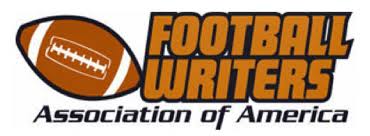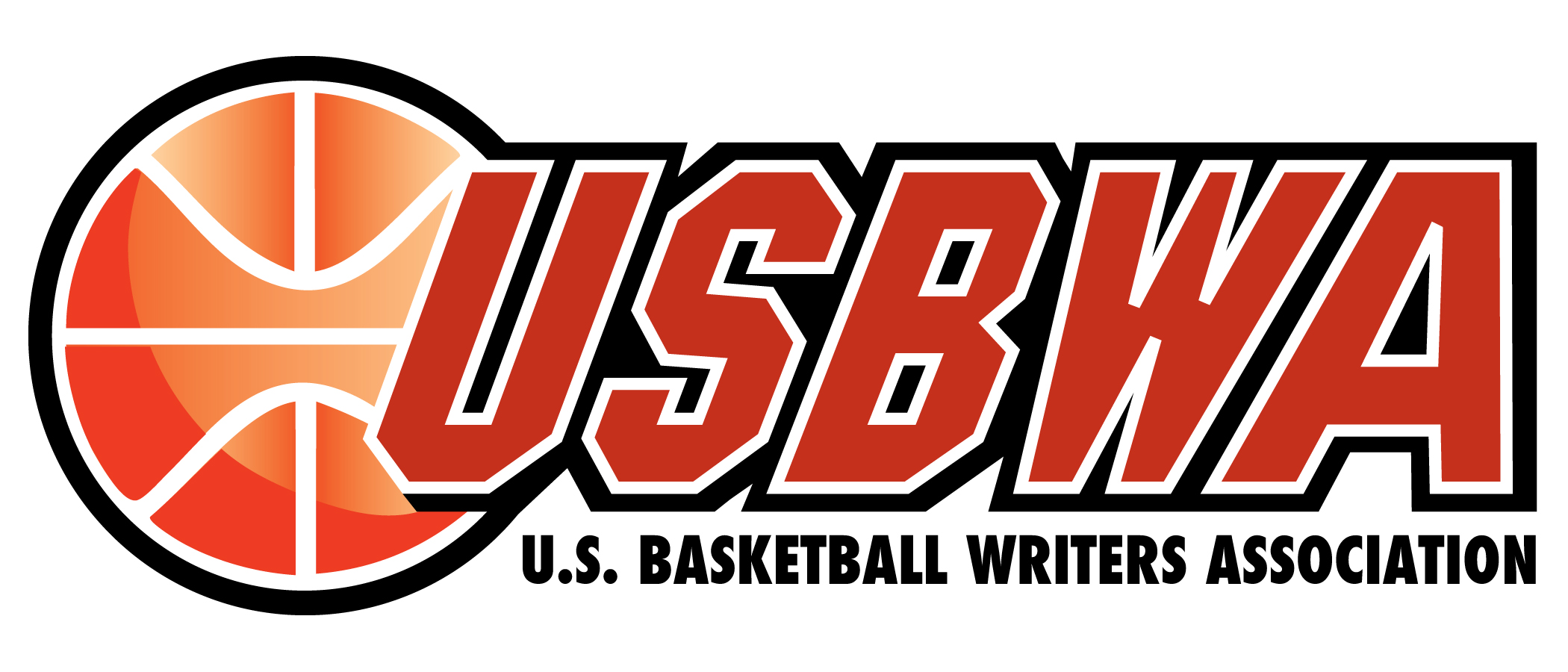guarantee money games...
| Have you ever wondered why do
smaller, not-so popular schools schedule top-tier
basketball schools each and every year? In a
word M-O-N-E-Y. It’s possible for a team to travel more than 12,600 miles and not have a victory, with the exception of briefcases full of money for showing up? Absolutely!!! Delaware State accomplished this in 2009. They made $550,000 payday for one game against Michigan. At Delaware State, that's equivalent to the revenue from at least two years of home games.
|
|
.jpg) |
| Last year in Waco, the Bears trampled the
Wildcats, 83-39. Now from Baylor, it's on to
the San Francisco area, where the
Wildcats will play at St. Mary's on Saturday
and at Stanford on Monday. Both teams
received votes in this week's ESPN/USA
Today Coaches Poll. B-CU will complete its journey with two on-site games in the Las Vegas Classic on Dec. 22-23 at The Orleans Hotel and Casino. Unlike the previous three games, the Wildcats will play teams on their own level in Vegas -- Texas A&M-Corpus Christi and either Tennessee Tech or Kennesaw State. Like a "Price is Right" showcase, the entire 10-day trip will be FREE of charge for B-CU. In fact, the Wildcats will make money on this junket. Yes, just like the current real estate situation, the "guarantee game" business is a buyer's market. "We try to play four or five a year," B-CU athletic director Lynn Thompson said. "It is a business. It allows us visibility and provides us revenue." The Stanford contest is a guaranteed money game. The Cardinal are not only paying the Wildcats about $75,000-$80,000 to play them, B-CU coach Gravelle Craig said, but Stanford is also footing the bill for B-CU's transportation and hotel expenses during its three-day stay in the San Francisco-Oakland area. The other four games on the trip, including Baylor and St. Mary's, are all part of the Las Vegas tournament. While there is no cash reward for playing in this event, the tourney covers B-CU's air travel for the entire 10-day excursion as well as room and board in Las Vegas. By playing in the tourney, B-CU is also allowed to play two more games this season than it otherwise could have. B-CU's only requirement for this "comp trip" is to show up and be easy prey for the major basketball programs. "For bigger schools, the going rate (for guarantee games) is about $80,000, plus hotel and transportation while you're there," Craig said. "Stanford is paying us 75 or 80. We called them up and added them late, since we were already going to be out there and we needed one more guarantee game. The bigger schools are always looking. The big schools have money to give. They usually go out and buy three or four games." The Wildcats' 10-day trip is part of a six-week stretch of nine consecutive road games. After playing at home against Florida A&M on Dec. 3, B-CU played at UCF on Saturday and will travel to Auburn on Jan. 2 after a holiday break. The 'Cats will finish the long stretch with their first Mid-Eastern Athletic Conference road trip Jan. 7 and 9 at North Carolina A&T and N.C. Central. Their next home game will be Jan. 14 vs. South Carolina State. Coach Craig said the games against Illinois State (a 75-51 loss on Nov. 27) and Auburn will, like Stanford, bring in about $75,000 to $80,000 each. UCF (which beat B-CU 53-51 on free throws with 3.5 seconds left) paid about $55,000 for the 'Cats to make the short trip to Orlando. That's nearly a total of $400,000 -- or about what B-CU received for playing a guaranteed-money football game against Miami this past season -- for four guarantee basketball games. Now all of that money goes into the university's general fund, but makes its way back to the athletic programs, Thompson said. "We try to provide some balance to the schedule," Thompson said. "The goal is to be ready for the conference championships." Really? You are gone from the campus for almost a month, in the name of money, with a record of 1-9 (Jackson State). How do you instill school pride with that kind of a record? One way B-CU is providing balance is by also being a seller of guarantee games against lower-division teams. The Wildcats paid Florida Christian (of the National Christian College Athletic Association) and Webber International (of the NAIA) about $3,000 apiece to play at B-CU's Moore Gymnasium this season, Craig said. B-CU beat Florida Christian by 18, Webber by seven. They used to play up to four of those games a year, but the MEAC has asked its teams to limit lower-division opponents to two a year. This isn't limited to basketball. A couple years ago it was reported by USATODAY Western Kentucky received $700,000 to play at Tennessee; Montana State received $650,000 for playing at Michigan State; Charleston Southern received $450,000 for playing at then defending national champion Florida and Navy will received an eye-popping $1 million for playing at Ohio State; Arkansas State received $1 million payouts for playing Auburn last year (2010) and the same amount for play Virginia Tech this season (2011).  But for a lower-level program, the benefits of such an arrangement can be significant. “People are having to find ways to increase revenue, and guarantee games are a way to do that,” says Kevin Barefoot, director of sales and marketing at Winthrop Intelligence, a company that has compiled details of more than 5,000 college football and basketball game contracts into a searchable database. “You can’t go out and pound the pavement and make big increases in the number of tickets you sell. You can’t force people to buy your T-shirts and sweatshirts. You can’t force them to make donations. Sometimes it can be a detriment to their end-of-year record, but there is a steady revenue stream out there available for FBS and FCS schools every year in basketball and football.” Tight budgets and the faltering economy make these paydays even more important for a small athletics department. Despite the usual lopsided scores and hostile crowds, the players love the games, Craig said. They get to play in larger venues against some of the best players in the country, and they get to travel to places they normally wouldn't visit. B-CU senior guard Stanley Elliott has basketball stories he'll tell his grandchildren, like when last season he had to cover Arizona's Derrick Williams, a 6-foot-8 All-American who was the second overall pick by the Minnesota Timberwolves in this year's NBA Draft. Whoopie-freakin-doo.... where is your pride? how do you recruit good players for this? |
| Tweet |
|

We are always
looking for additional people to submit stories, scores, stats, photos,
video, etc...
| NOTE: We are proud to announce that for
the entire month of December, S.C. Fitch Enterprises, and all of its
affiliates including
|
FOLLOW US...
 |
 |
 |
 |
 |
HTML Comment Box is loading comments...


